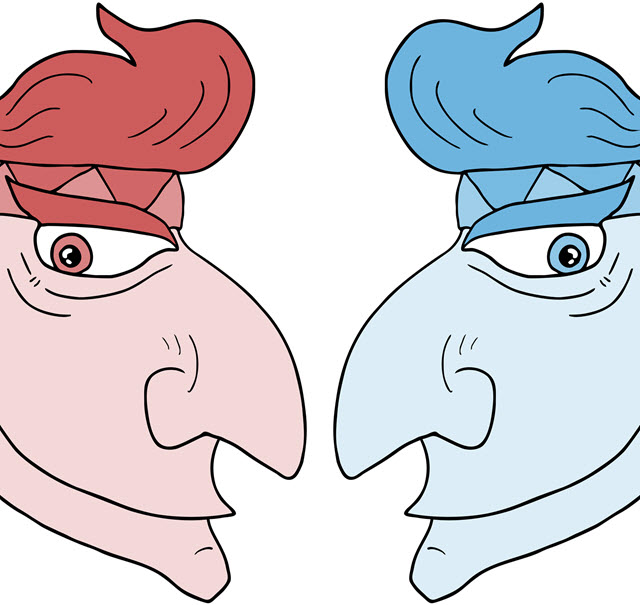Sleep and the Bipolar Connection
How Does Manic Depression Stimulate Insomnia Symptoms?
Connections between mood and circadian rhythm have stymied physicians for years and only now are scientists finally unraveling the brain and some of its complex functions such as circadian rhythm, biological clocks and mood disorders. Some scientists have long theorized a connection between bipolar disorder, aka manic depression, and insomnia.

Now hard evidence indicates a regular pattern of insomnia symptoms: close to 65% of bipolar individuals report insomnia symptoms just prior to a manic episode. Depending upon the severity of the depression the symptoms can be mild to severe and the ensuing mania moderate to extreme and disruptive.
Making Mania Worse
What’s not so understood is the brain’s connection to manic depression. The simplest explanation so far is that bipolar individuals are much more sensitive to social shifts as well as subtle wake-sleep disruptions than are most others. But of course we already know that insomnia frustrates millions of Americans AND we also know that depression in general is commonly interrelated.
The biggest problem with bipolar insomnia is that when you lose sleep everything becomes much more heightened. For manic depressives on the verge of a manic episode loss of sleep can be a huge catalyst to the mania and make symptoms much worse than had you slept according to your natural and regular sleep-wake cycle.
Treating Bipolar Insomnia
In some individuals the opposite of insomnia is the biggest problem. Many depression sufferers sleep too much, known as hypersomnia, and is just as disruptive as insomnia. Physicians are able to treat bipolar insomnia and hypersomnia with prescription antidepressants and careful attention to sleep hygiene.
- Bipolar sufferers are asked to establish a permanent bedtime and wake time, allowing for the regular adult dose of sleep – between 7 and 9 hours.
- Elimination of stimulants, such as caffeine and sugar, in food and drink leading up to bedtime.
- Elimination of stimulating activities such as TV, computer games and exercise just before bedtime.
- Creation of a comfortable and relaxing sleep environment, including relaxing and calm colors, quiet, and low light.
Like other forms of depression, bipolar and its related insomnia or hypersomnia symptoms is treatable and over time manageable.
